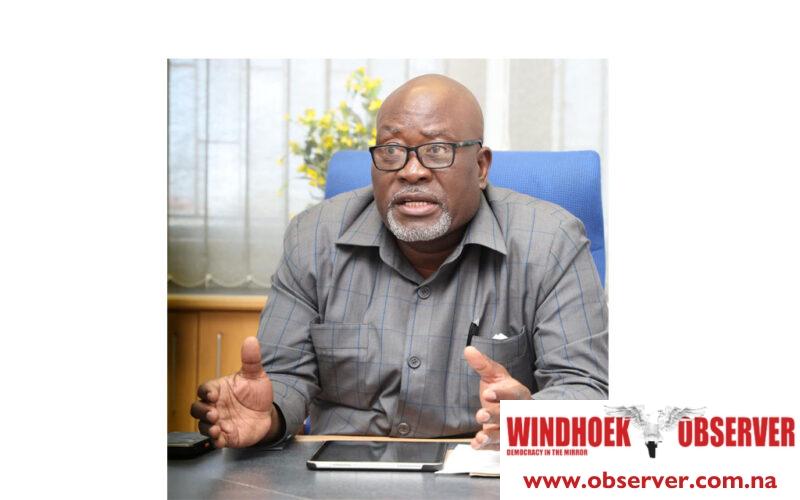Niël Terblanché
In yet another step toward improving Namibia’s digital economy, the deputy minister of information and communication technology (MICT), Modestus Amutse, inaugurated the Electronic Information Systems Management Advisory Council (EISMAC) on Thursday.
The newly established council, formed under the Electronic Transactions Act, Act 4 of 2019, aims to provide strategic guidance in the ever-evolving field of electronic transactions and digital information management.
Amutse stressed the critical role the council will play in addressing both the challenges and opportunities that come with the growing digital economy.
He requested that the newly appointed council members, who come from diverse backgrounds, would need to bring their unique perspectives and experiences to foster effective collaboration.
“Each one of you brings unique perspectives and experiences that contribute to the richness of this Council. I encourage you to engage actively, in unison, and carry out your duty with due diligence and care,” he said.
According to Amutse, the EISMAC was established to help Namibia navigate the complexities of the digital world.
“The digital economy has become an essential part of everyday life, impacting businesses, individuals, and governance alike. The council’s role will be to develop proactive measures that address the revolutionary changes in the sector while ensuring that Namibia keeps pace with global digital developments,” he said.
Amutse reiterated the government’s commitment to supporting the council in its work.
He added that the MICT will organise an orientation workshop for the newly appointed members, where they will be introduced to the principles of good governance and tasked with developing a work plan to guide the council’s operations.
According to Amutse, this workshop will serve as a foundation for the council’s efforts, ensuring they are well-prepared to meet the challenges ahead.
Amutse called on the council members to stay motivated and focused on their shared goals.
He urged them to familiarise themselves with the Electronic Transactions Act, which would be their primary tool in carrying out their duties.
The council is also expected to elect a vice-chairperson among its members as part of its organisational structure.
According to the deputy minister, one of the most pressing priorities for the council is to address specific sections of the Electronic Transactions Act that have yet to be enforced.
He said that these include Section 20, along with Chapter 4 and Chapter 5 of the Act.
Amutse indicated that these areas require immediate attention and should be placed at the top of the council’s agenda.
“The EISMAC will play an important role in ensuring the country’s electronic transactions and information systems are secure, efficient, and in line with global best practices,” he said.
He added that the inauguration of the council marks the beginning of what is expected to be a vital journey toward creating a more robust and responsive digital environment in Namibia.
Amutse expressed confidence in the council’s ability to meet the challenges of its mandate while reiterating the importance of cooperation, dedication, and a shared vision for success as Namibia navigates the digital frontier.




